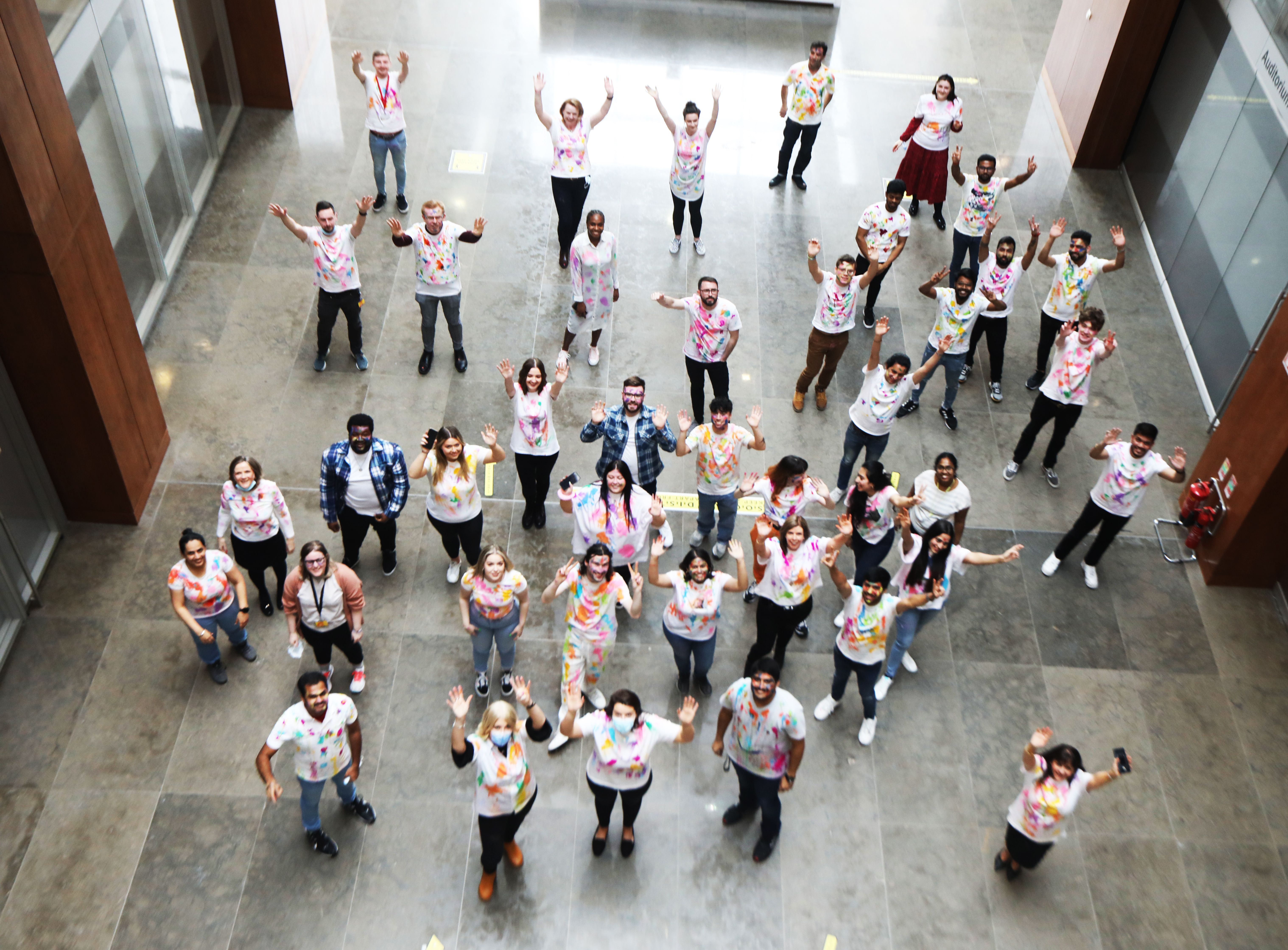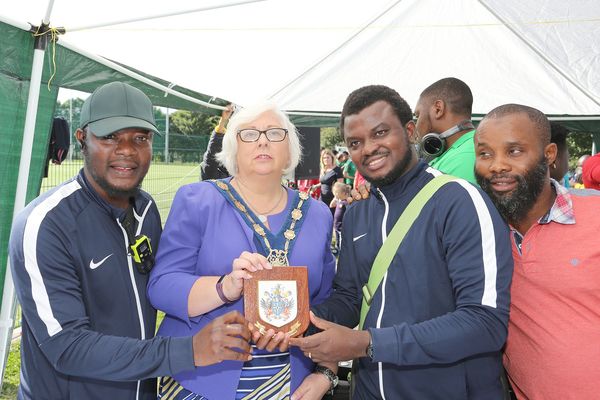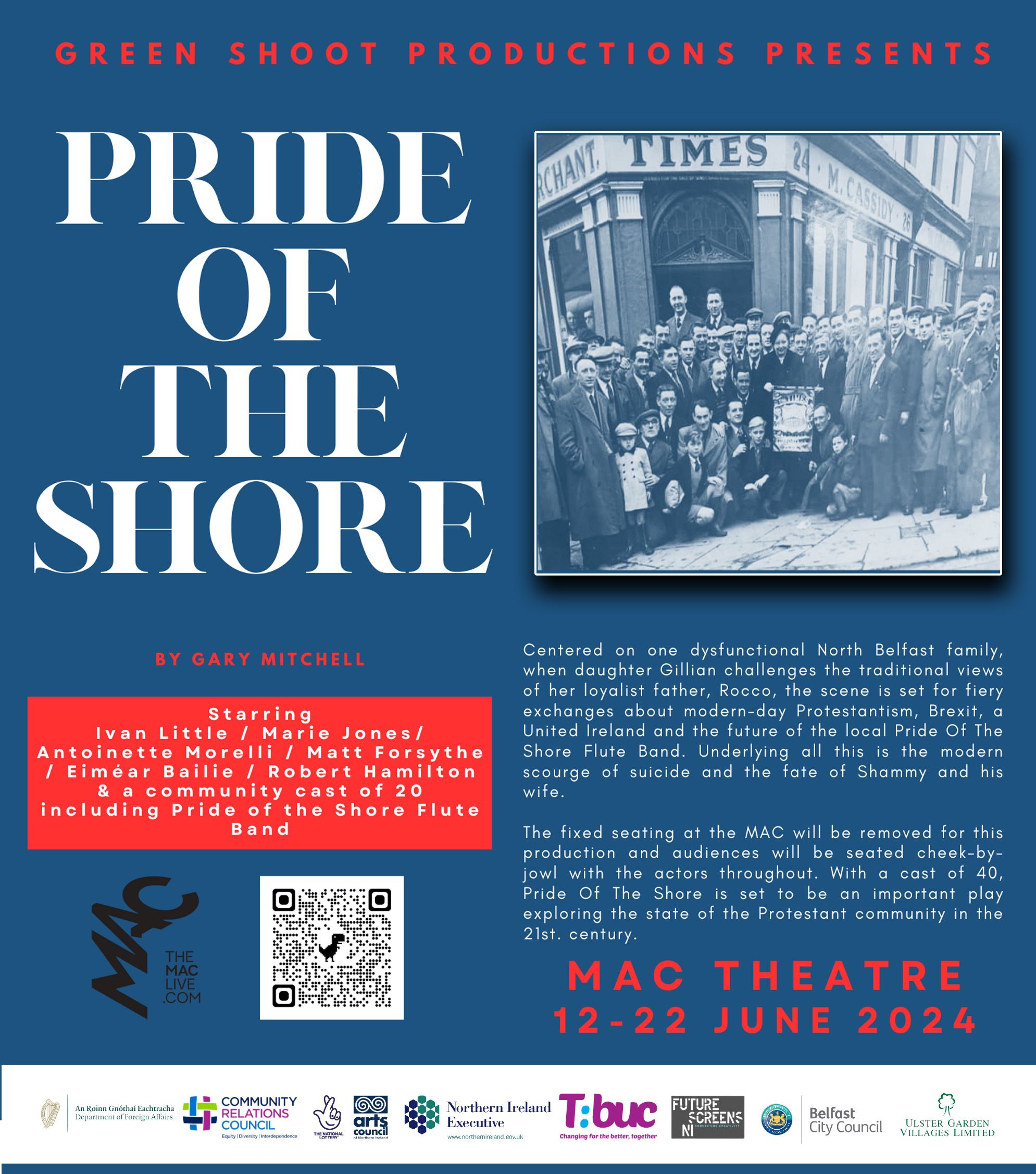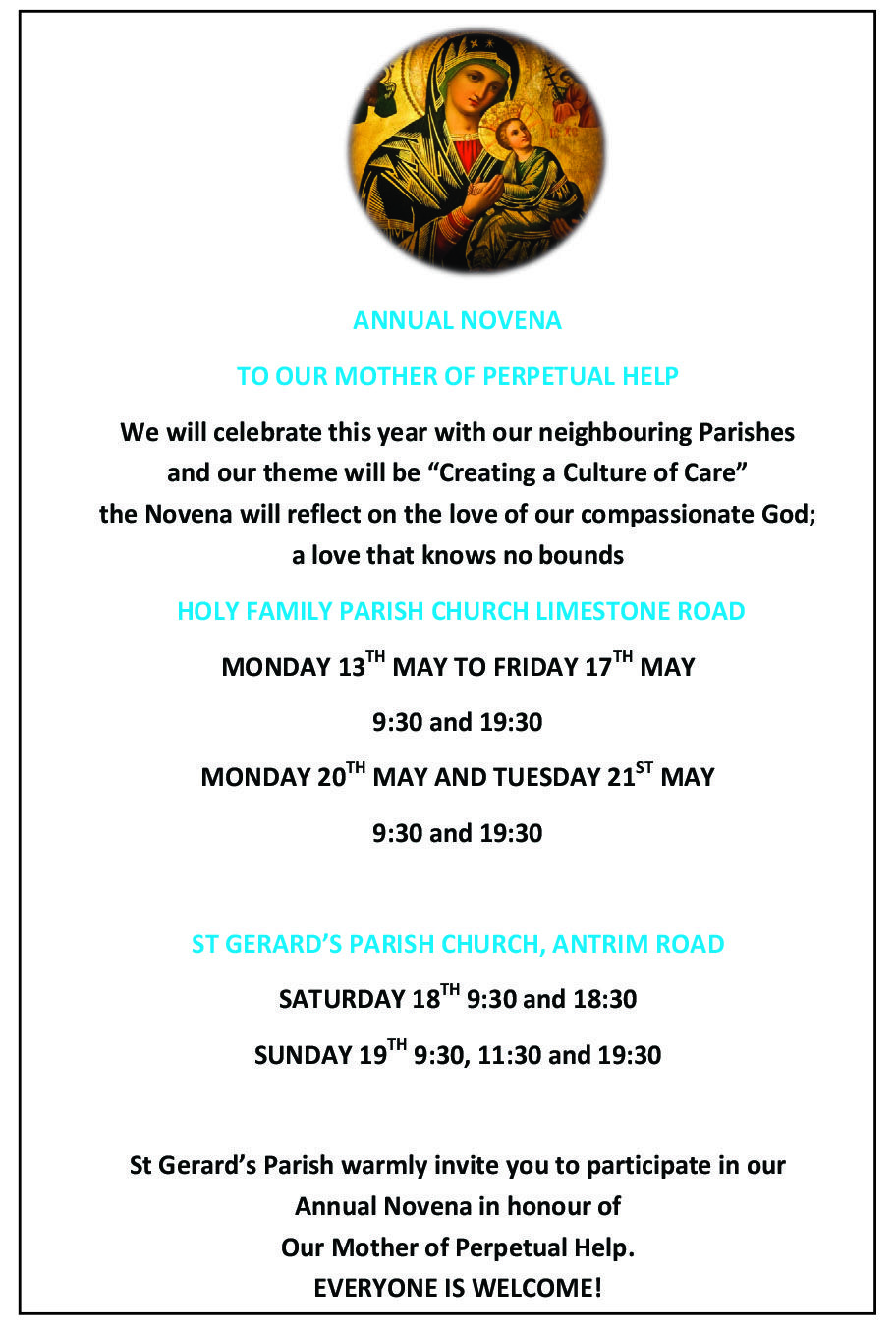WE are a complex type of species, human beings. There are things we like and things we find unsuitable for ourselves. That may be group thinking, but the individual can surely adapt themselves to nearly everything. This is the point where a reader screams at the author, ‘Hurry up and make your point!’
Culture is very sensitive and it is up to us to make it of benefit in our daily encounters. When multiculturalism faces hostility within democracies, it is because of class struggles, not because it is a bad way of changing society.

Class in itself is a boring old subject in Irish and British society. Sometimes people refer to themselves as working class but their roots betray them as they are from a more affluent place or class – but it is not because they are dishonest about it. People will feel embarrassed from time to time to identify their social and economic roots. I have met people who have told me that the conversations of multiculturalism are for a selected few: the middle classes. I disagree.
Belfast, for example, has become a hub for many multicultural ideas, even where resources are not available. People have managed to do things which benefit communities and this has happened through the support of volunteers. It is because of democracy that the politics of difference is always in all our faces and skins. We are able to enjoy our cultures and the cultures of our neighbours because it is democratic to do so.
Belfast is home to many nationalities, some less pronounced than others. For example, people from South Sudan are hardly two dozen in the city of Belfast compared to those who identify themselves as Sudanese. So two different nations, the latter being more represented in numbers here in Ireland because people from Sudan started arriving since the 1960s, mainly to study medicine. They studied at colleges in the South and settled there and after the end of the Troubles in the North, many arrived because of the democratic transition that was taking place here.
So the story of multiculturalism in the North is not simplistic. A lot of work goes on in the background and because some people are more committed than others to deliver cultural diversity, it is then easy to shout, ‘Look at them, the usual suspects from Africa, Asia and Eastern Europe are doing it again.’
If so, why not deal with it?
ellyomondi@gmail.com








